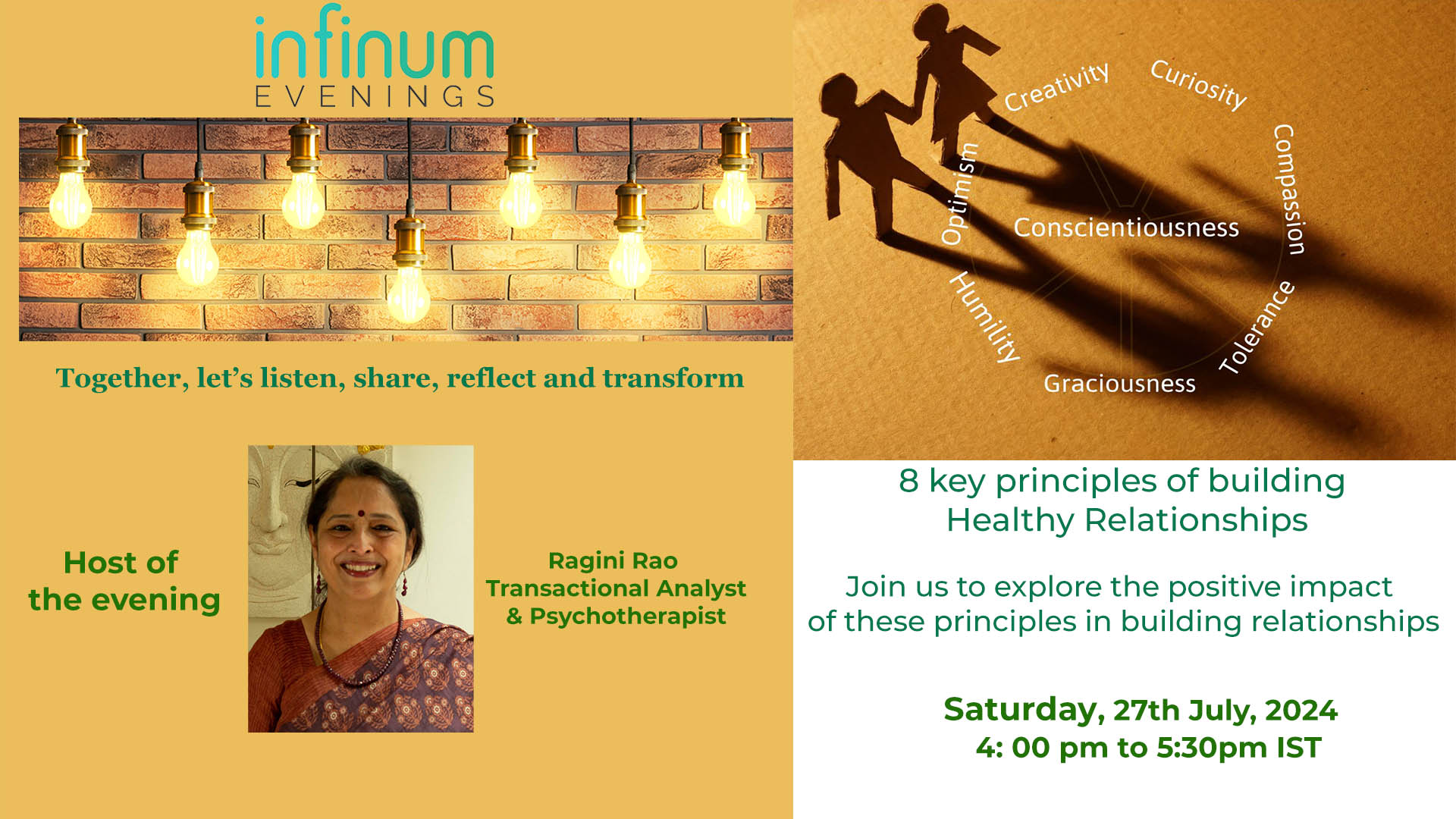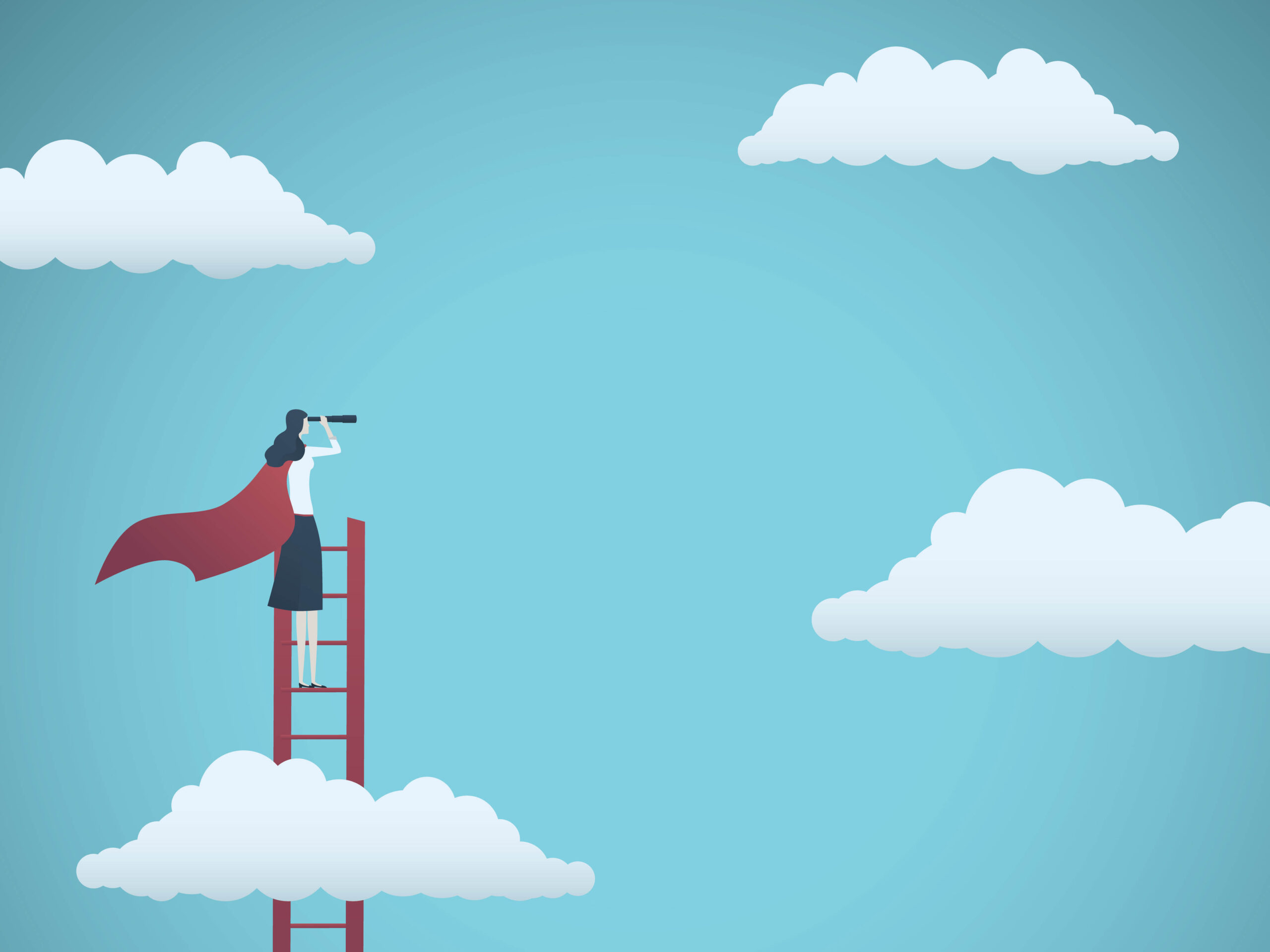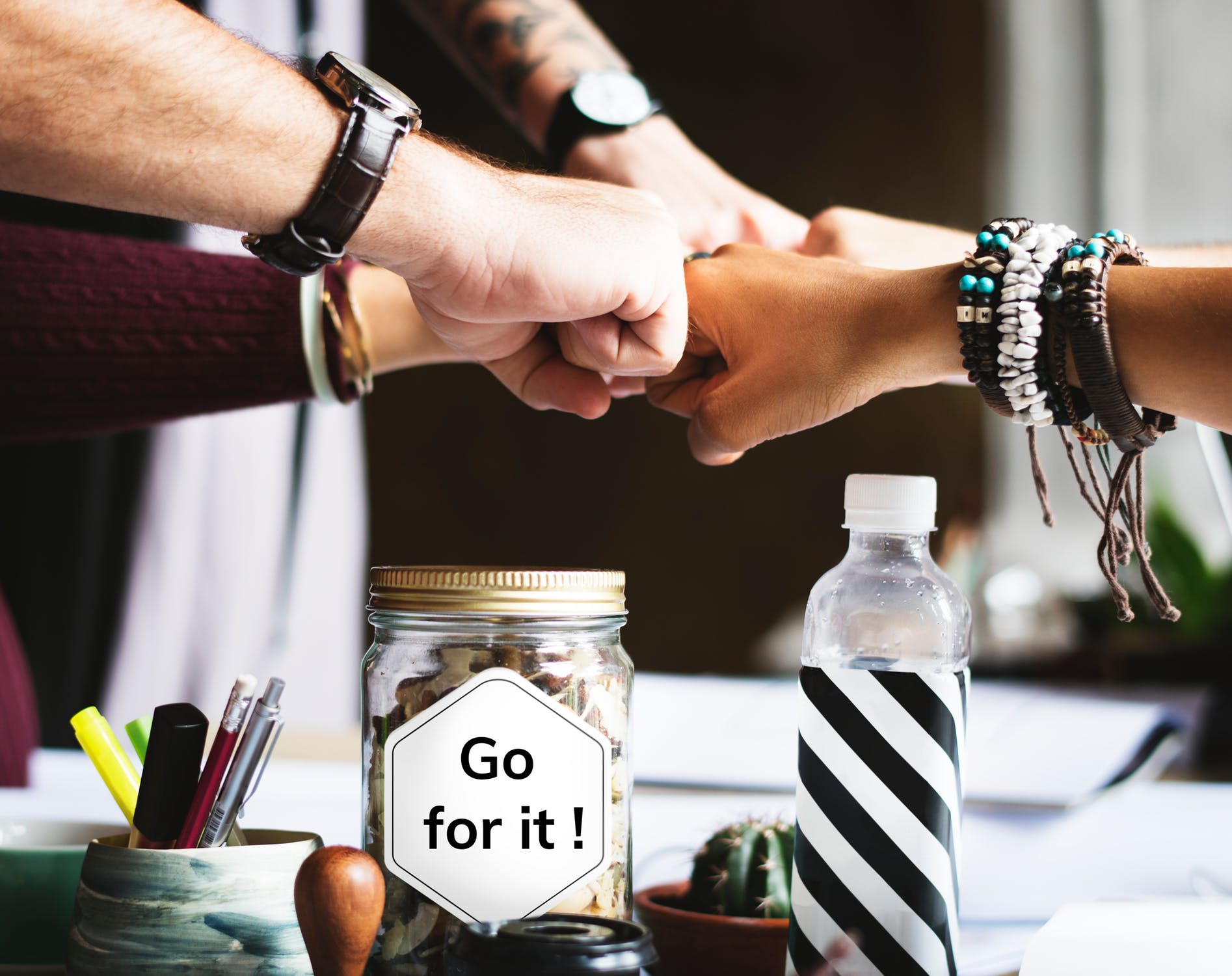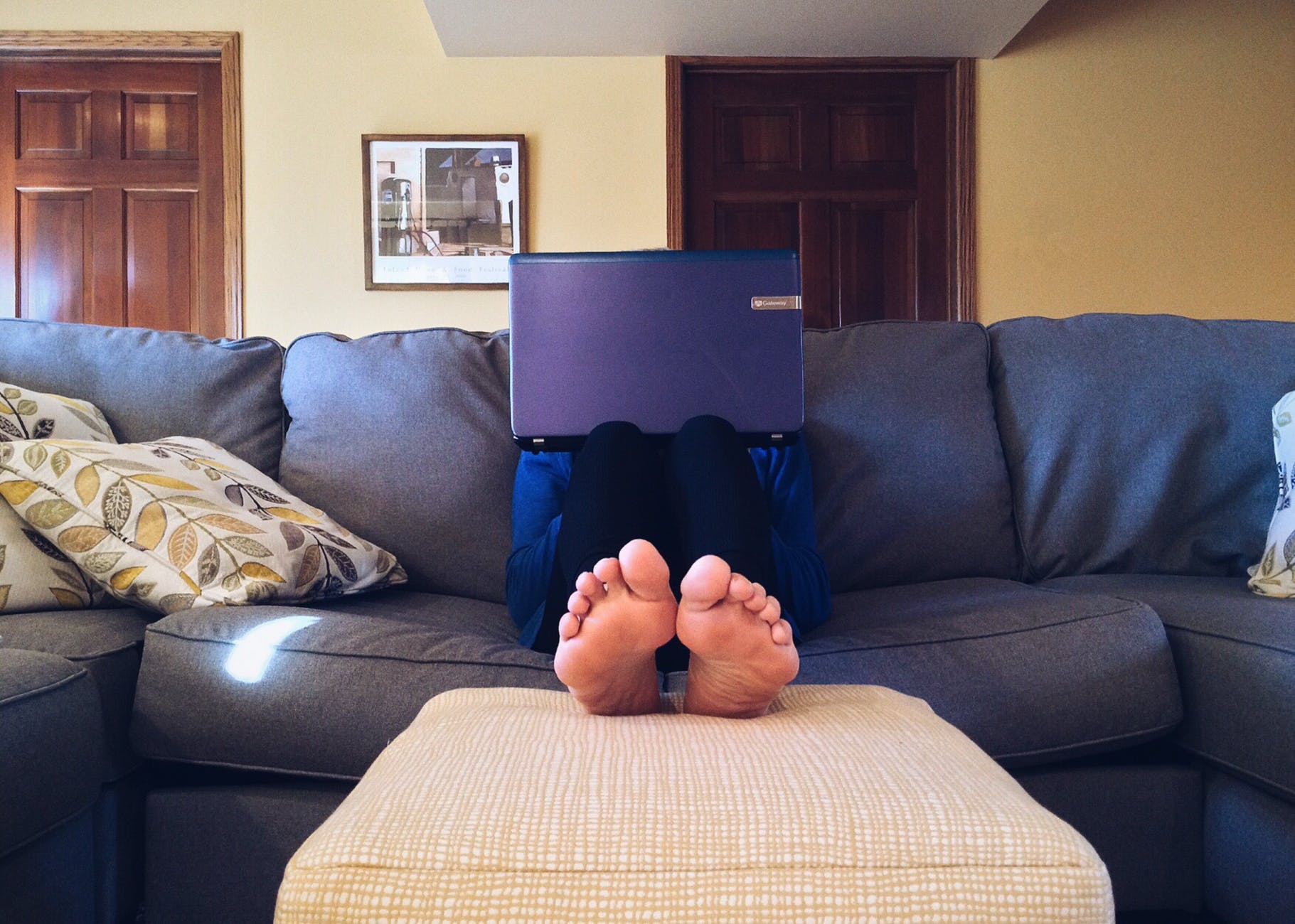“With great power comes great responsibility” – Spiderman
I realised the meaning of this statement only recently. As a normal human being I never had any super power; or so I thought.I came across a situation recently which made me realise my power; and to say that it has been an eye opener, would be an under statement.
We become role models unexpectedly
Recently, what may have looked like a trivial incident to me, apparently triggered a lot of emotions in a person who witnessed that incident.
As part of the conversation with him, I realised that, he had kept me on a much higher pedestal; seeing me as a role model. Therefore, for him, seeing me handle this situation in a certain way, shackled up his image about me; because he had expected me to handle this differently.
While I did acknowledge that I could have handled the situation better; and mentioned that I had given myself that feedback immediately after that incident, I did feel that I had triggered a lot of anger in him. As part of the conversation, he said, “If I am at this level (showing a certain lower level), you are supposed to be at this level (showing a much higher level). Whatever you say now, doesn’t matter to me.”
Though both of us moved on from this conversation, I just couldn’t get this out of my head. Not because I got his feedback; but, the way in which he gave the feedback with such an intense emotion.
I wondered what triggered his emotions!
Are expectations from a role model realistic?
My biggest realisation was that, I had disappointed him by not standing up to his expectations from me; not adhering to his “image” about me. I was his role model; an ideal role model; and he got to see the human side of me. He got to see my imperfections. This affected him more than me.
This has taken me to some fundamental questions:
1) People who help us learn and act as our inspirations and role models (from any field), how often are we being realistic about them? Do we often see them through an “ideal lens”?
2) Why is it so difficult for us to accept, when our role models “fail” to behave in a certain way? Do we expect them to be beyond human; people who may never make mistakes?
3) What does it take for us to see our role models as humans, who are flawed beautifully and are still trying to be better everyday?
The power of a role model and the assumption
Role models are powerful people. The power of a role model that I am talking about, is the power to inspire. The power to help someone think and learn. But, the responsibility that comes along with this power, is to not drop the image even for a second.
Well, I must say, I am compelled to challenge this responsibility.To be honest, I would rather be a person who is imperfect and enjoys those imperfections, than be a human being who struggles to keep up with an “unrealistic” image someone has about me.
I am flawed; beautifully flawed; and I own it. Hence, I cannot promise perfection.But, what I can promise is that I am learning.
Learning forever; At my pace; And it is ok to be like that.
Setting realistic expectations from role models
Role models need not be perfect. They will have flaws too. Observing and learning from their flaws is equally useful.
We also become role models without our knowing. So while we are looking at one person as our role model, there may be others looking up to us at the same time!
Therefore, being realistic and understanding that every one is continuously learning and evolving is important.
While these were my biggest insights, this also gave me an opportunity to reflect from both sides.
So my suggestions are
As a role-model
- Keep it real.
- It’s ok to be yourself.
- It’s important to be authentic.
- It’s ok to be perceived as flawed.
- Do not strive for perfection for the sake of fitting in to someone’s lens.
- Be willing to laugh at yourself.
As a person who looks up to a role model
- Do not idolise the role model.
- See them as human; do not make God out of them.
- Be realistic.
- If you see a flaw in them, don’t get disappointed. It is another opportunity to learn from them.
- Remember, you too may be a role model for someone, unknowingly, even while you are trying to improve yourself.
Role Models are our guiding lights; but they need not be perfect. We can be objective and learn from their imperfections too.
Please do leave your comments at the bottom and do share with others if you like this article.

















If you are not idolized, you are not really a role model. At best you would be a good example.
But it is okay for role models to have weaknesses. Stan Lee would work in flaws and weaknesses to make his superheroes human.